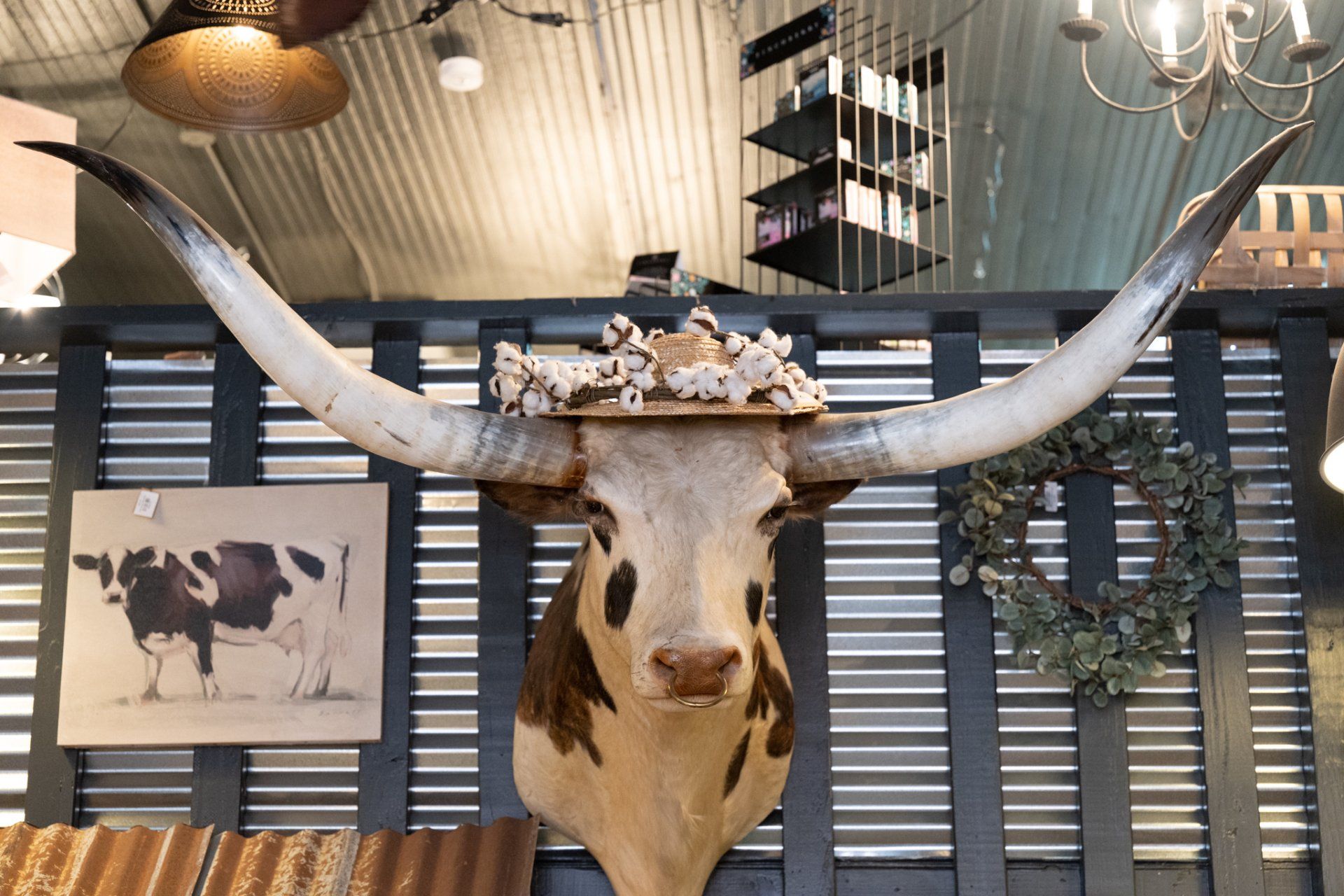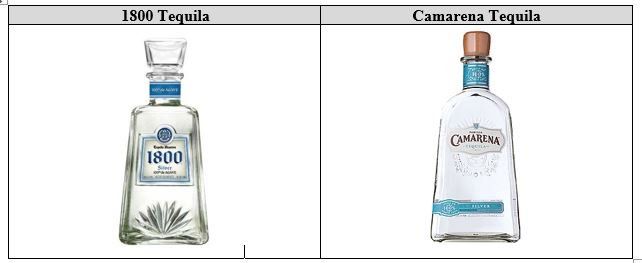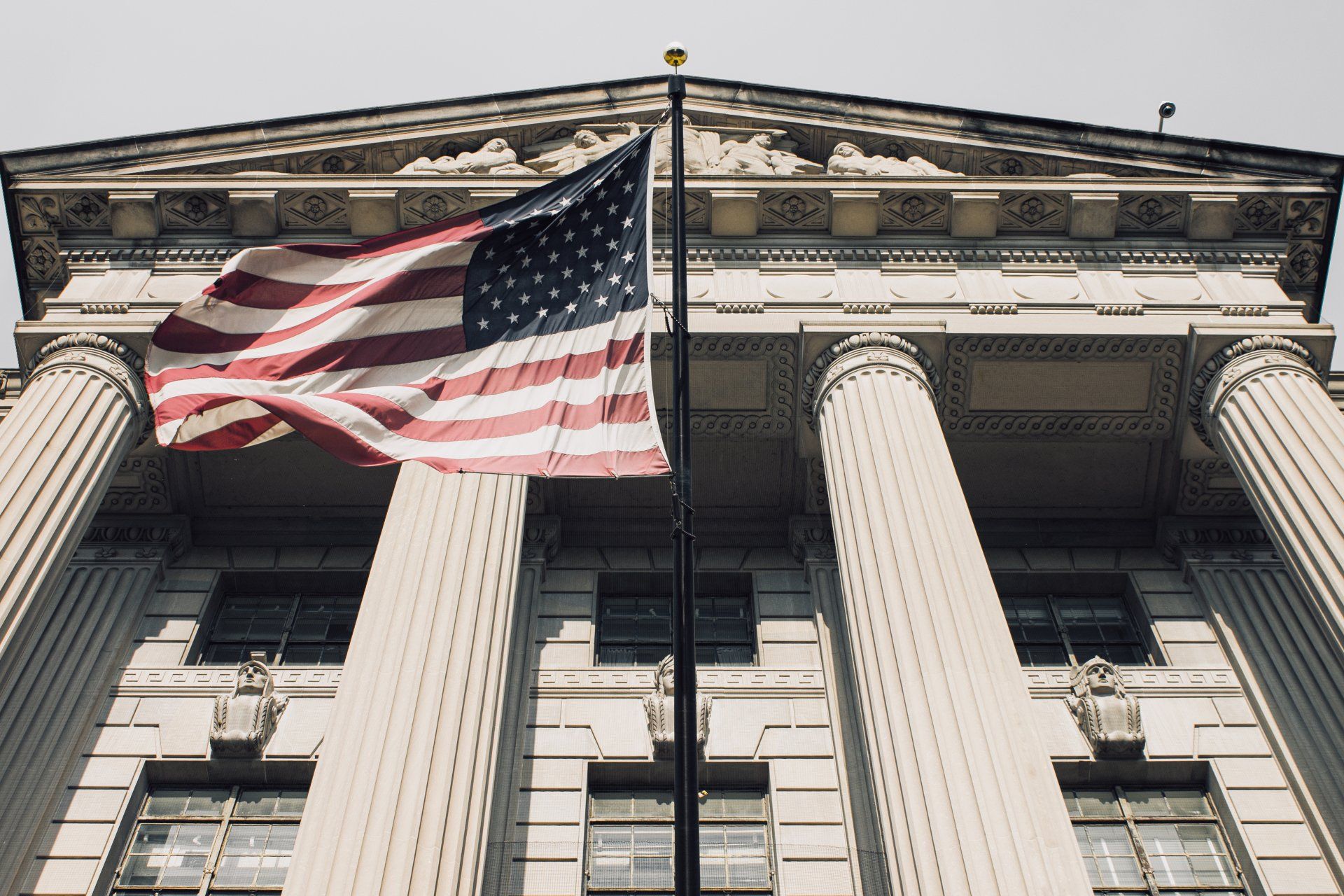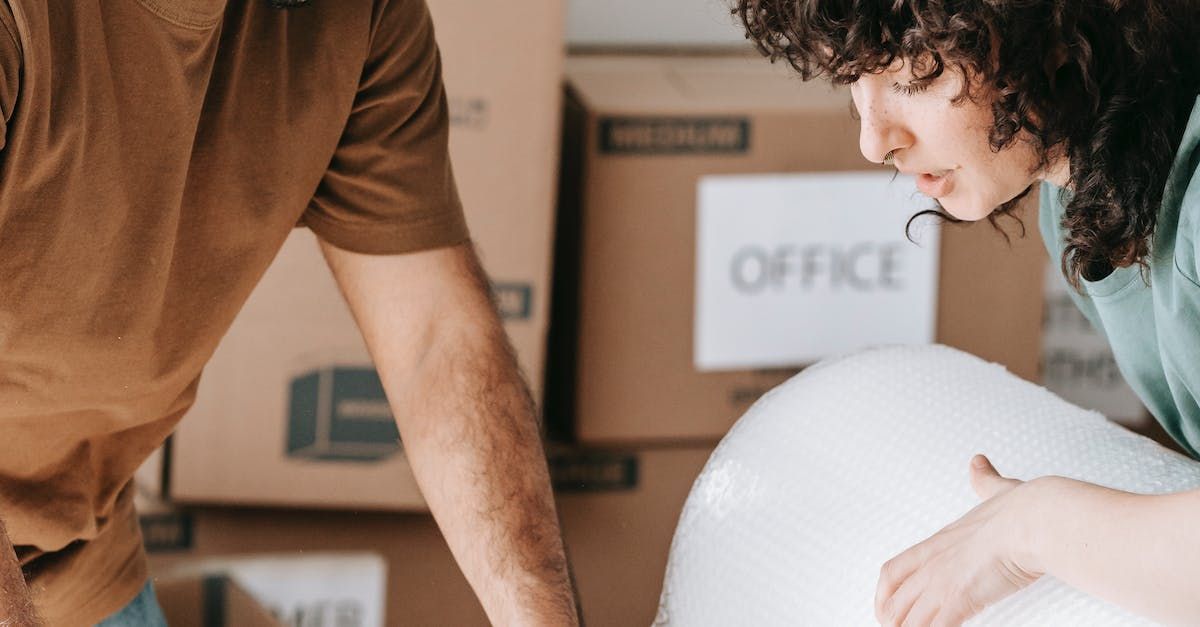Trade Dress Protects The Overall Appearance Of A Product Or Service

Similar to design patents, trade dress protection refers to the protection of the overall appearance and image of a product. Trade dress is a subset of trademark law. Trade dress can be viewed as the total image or overall design or appearance of a product or its packaging. Two Pesos, Inc. v. Taco Cabana, Inc., 505 U.S. 763, 765 (1992). A trade dress includes, but is not limited to, such features as size, shape, color or color combinations, texture, graphics, or even a particular sales technique. Rose Art Indus., Inc. v. Swanson, 235 F.3d 165, 171 (3d Cir. 2000) (citing Two Pesos, 505 U.S. 763 (1992)).
How To Register A Trade Dress
Federal registration creates a presumption that a trade dress is distinct and non-functional, and all a plaintiff need show is a likelihood of confusion between an allegedly-infringing product (or service) and the registered trade dress to prove trade dress infringement. To register a trade dress, a trade dress owner must do the following in the United States Patent & Trademark Office (USPTO):
- file a trade dress in the owner's name;
- designate the proper goods or services class;
- designated whether the trade dress is in actual use or an intent-to-use;
- if actual use, provide a description and sample of the trade dress as used on a product or with a service;
- if intent to use, provide a drawing of the trade dress as intended to be used on a product or with a service; and
- provide all other general information and pay the fee.
The trademark office will then examine the trade dress application in due course and, if found to be capable of registration, publish the trade dress for opposition. If there is no opposition to registration during the opposition period, your trade dress will then register on either the principle or supplemental trademark register, depending. Our
trade dress attorneys can help you file and protect your trade dress.
Likelihood Of Confusion Test For Trade Dress
Courts have applied traditional trademark analyses in evaluating the issue of likelihood of confusion in trade dress cases, looking to a number of factors (see Ford Motor Co. v. Summit Motor Products, Inc., 930 F.2d 277, 297 (3d. Cir. 1989)), including:
- the degree of similarity between the owner’s trade dress and the allegedly-infringing trade dress;
- the strength of the owner’s trade dress;
- the price of the goods and other factors indicative of the care and attention expected of consumers when making a purchase;
- the length of time the defendant has used the trade dress without evidence of actual confusion arising;
- the intent of the defendant in adopting the trade dress;
- evidence of actual confusion;
- whether the goods are marketed through the same channels of trade and advertised through the same media;
- the similarities between the targeted consumers; and
- the similarities of the goods.
For example, The United States Court of Appeals for the Ninth Circuit affirmed a district court’s opinion that found no likelihood of confusion between two competing tequila bottles. In that case, Proximo Spirits, Inc., distributor of “1800 Tequila,” sued E&J Gallo Winery, distributor of “Camarena Tequila,” claiming the Camarena bottle design infringed the trade dress of 1800’s bottle design. E&J Gallo Winery v. Proximo Spirits, Inc. et al, D.C. No. 1:10-cv-00411-LJO-JLT (2014).
Proximo claimed that the trapezoidal shape of the Camarena bottle was so similar to the trapezoidal shape of the 1800 bottle that consumer confusion was inevitable. Although likelihood of confusion is typically a question for a jury, the Court of Appeals stated that the bottles were so dissimilar that no jury could reasonably hold otherwise. Accordingly, the Court of Appeals for the Ninth Circuit held that the Camarena bottle did not infringe the trade dress of the 1800 bottle. Often, trade dress cases settle out of court before they get to trial because litigation is such an expensive process and simply resigning the look and feel of a bottle is often a less expensive task.
Legal Test For Trade Dress Infringement
The primary test for trade dress infringement involves the following elements:
- whether the plaintiff’s trade dress is distinctive;
- whether the plaintiff owns the trade dress;
- whether the trade dress is non-functional; and
- whether the defendant used the trade dress without the consent of the plaintiff in a manner that is likely to cause confusion among ordinary consumers as to the source, sponsorship, affiliation, or approval of the goods.
For example, while color alone may be protectable as a trade dress, it cannot be inherently distinctive. Owning a trade dress in a color requires that owner to show that the color has obtained secondary meaning within its class of goods or services. To sue for infringement of a trade dress, the owner must be able to articulate and prove that the trade dress is inherently distinctive, or has acquired a secondary meaning in the market. However, if a trade dress is determined to be solely functional, your litigation will fail. A functional trade dress must also be refused registration on both the principal register and the supplemental register, even if it can be proven that it has acquired distinctiveness.
Our
trade dress litigation attorneys can help you protect and defend your trade dress.


Have an idea for a blog? Click and request a blog and we will let you know when we post it!
Let’s talk about your legal issue
Wilson Legal Group P.C.
d/b/a Wilson Whitaker Rynell
(972) 248-8080 (Dallas) MAIN OFFICE
(713) 830-2207 (Houston) Appointment Only
(512) 691-4100 (Austin) Appointment Only
For more information on how we can assist in your intellectual property, commercial litigation, divorce, or other personal needs, let us know how we can help you:
How Can We Help You?
WILSON WHITAKER RYNELL
Thank you for contacting us!
We will get back to you as soon as possible.
Please try again later.
Disclaimer:
This form does not establish an attorney-client relationship, and should only be used to contact the firm about scheduling a call or meeting. No confidential or sensitive information should be sent using this form.
The law office of Wilson Legal Group P.C. (d/b/a Wilson Whitaker Rynell) represents clients nationwide, including Dallas, Austin, Houston, and other Texas areas such as Fort Worth, Arlington, Carrollton, Plano, Allen, Lewisville, Flower Mound, Irving, Denton, McKinney, North Richland Hills, and all cities within Dallas County, Tarrant County, Collin County, and Denton County.
OFFICES
ABOUT
CONTACT
BLOG
JOIN OUR NEWSLETTER
Wilson Whitaker Rynell
16610 Dallas Parkway, Suite 1000
Dallas, Texas 75248
972-248-8080 (MAIN)
972-248-8088 (FAX)
info@wrrlegal.com (E-MAIL)












